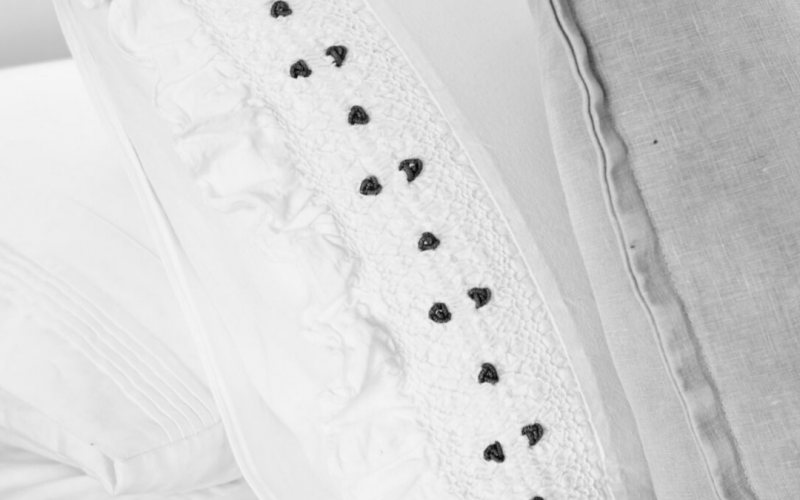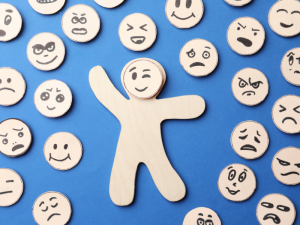Following on from the articles on sleep positions and mattress advice for pain-free sleep, the other question I get asked relating to sleep is “Do I really need a pillow to sleep well”?
The answer is probably no, apart from a few exceptions, there are no benefits to sleep or health associated with using a pillow. Most of us first used a pillow when we graded up to sleeping in our own “big” bed because everyone else does. It’s a cultural norm reinforced by us snuggling into our parents’ when we crept into their bed for a cuddle. We got used to the ‘support’ a pillow offers and now it’s a habit.
For many of us working in the world of human movement, potential or healthcare, often ponder with questions around the use of bed pillows.
- Is a pillow a necessity to sleep comfortably?
- Are they the cause of spinal complaints?
- How many do we need? One fat one, two thin, or more.
- What filling is best?

Advice for pillow users
Pillows should support your chosen sleep position and keep your neck in a neutral place. There are many types, including wedges pillows, to prop you up, ones designed to reduce snoring and the effects of sleep apnoea by keeping you lying on your side — several ergonomic types such as neck contour, body support, and lumbar pillow.
Many pillows are naturally hypoallergenic; others are antibacterial and dust mite resistant, with easy-to-clean coverings and fillings. The choice of materials is vast, including down, feather, polyester, hollow-fibre, memory foam, and micro-beads. Plus a whole range of other natural materials such as wool, silk late, bamboo, or buckwheat. When buying a new pillow choose wisely, because many manufacturers recommend replacement every two years to ensure the best support.
Replacing your pillow
Depending on the pillow, it should be cleaned every three-six months and replaced every 12-24 months. Pillows have a direct impact on the way the neck and head are supported and how the spine is aligned. This support diminishes as the pillow ages, gets saggy, and loses its bounce-back ability. If you keep having to fluff up your pillow, it’s a clear sign it needs replacing.
The other reason to replace pillows is a tad gross, it’s around hygiene. After 365 – 730 nights your pillow will be full of dirt, oil, sweat, and dead skin cells, yours, plus anyone who shares your bed; partners, children, and pets – yuk! Its gets worse, there will also be a whole colony of micro-critters and their debris which includes bacteria and poo. These can cause allergic reactions or skin inflammations.

Final thoughts
Whether you sleep with a one, two or more pillows is simply a matter of personal preference, your sleep position, and cultural norms. A pillow should help you get into a comfortable position and help you fall asleep quickly, if not chuck it out or buy some new ones.







